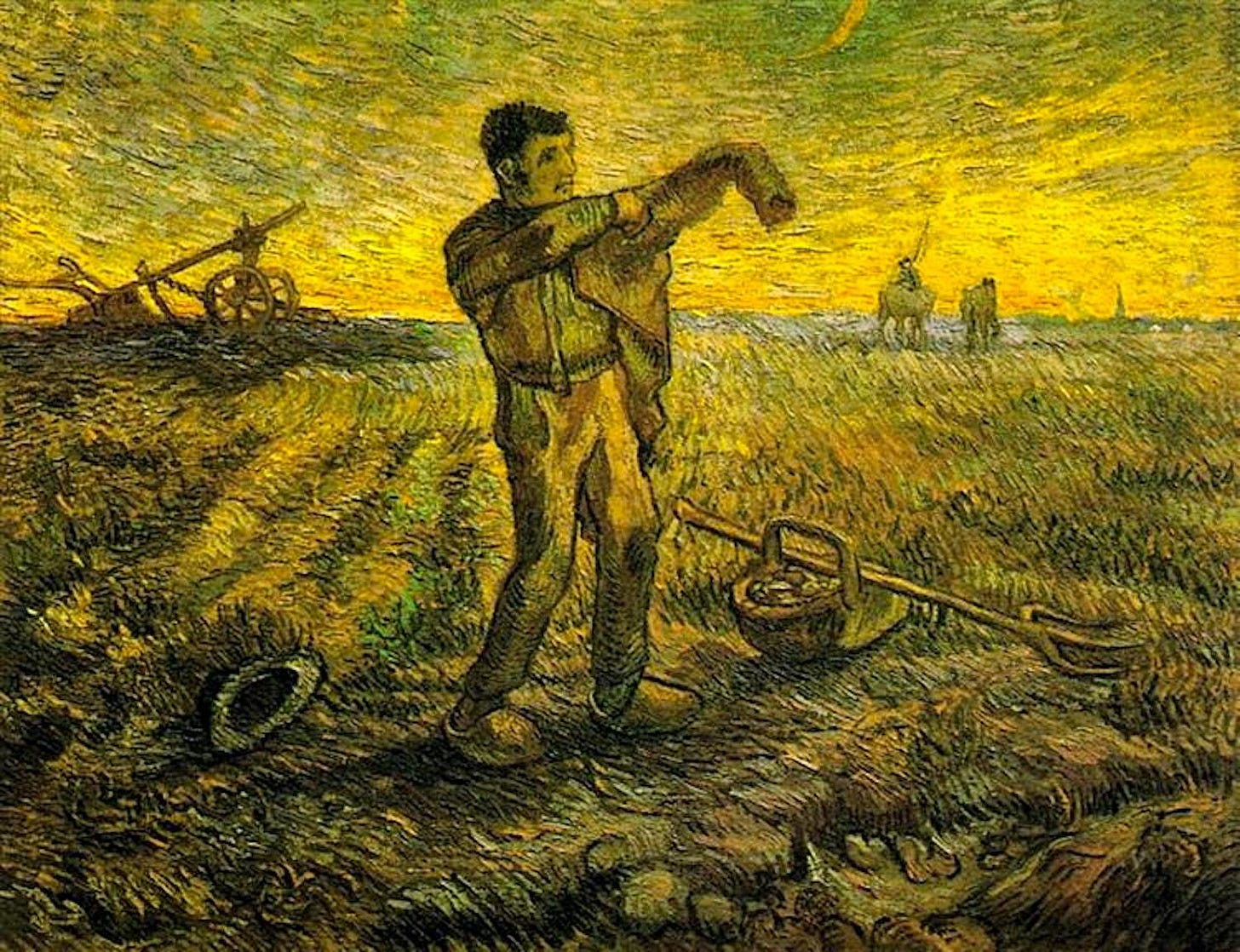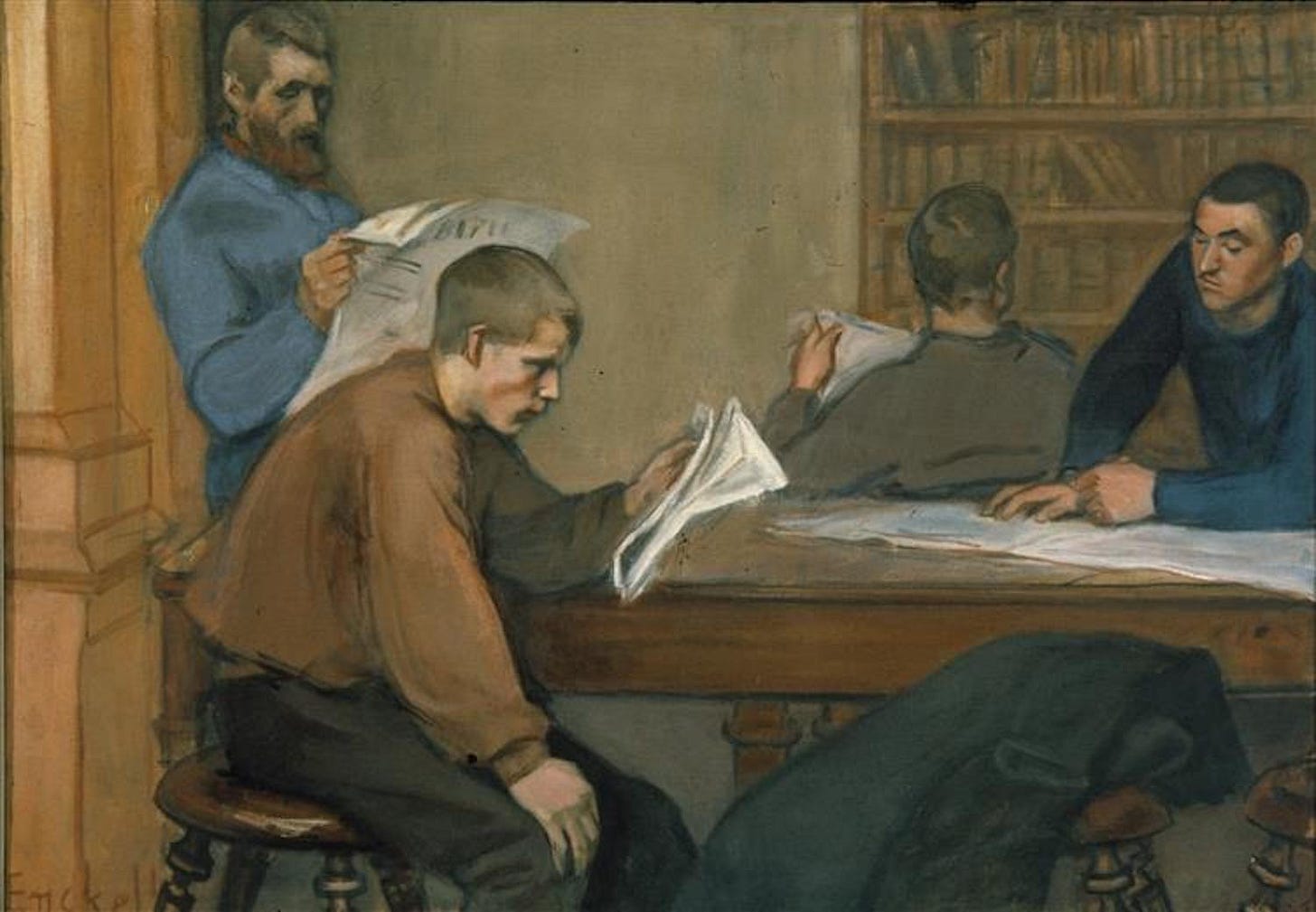Dear Readers and Members,
Thank you to all who participated in Wisdom is the Way: The Timeless Art of Leading a Life. Over the last few months, we’ve explored various ways of seeing (perspectives), living (principles), and being (practices) in the world. We learned about the components and benefits of adopting a philosophy of life and touched on the importance of viewing these ideas as a framework for living.
Why do we need a philosophy of life, again?
“Everything has been figured out, except how to live,” said the existential philosopher Jean-Paul Sartre. Although I understand Sartre’s point, I tend to disagree. Living well is not an equation to solve but an art. Like other art forms, there are time-tested ways of living that we are wise to adopt!
The 15 lessons we’ve covered throughout this course are timeless and universal. They are perennial ideas, if you will, that show up across philosophical and spiritual traditions. In his book Philosophy and Life, the British philosopher A.C. Grayling describes life as a winding road, littered with the debris of experience and the challenge of answering the Socratic question:
“What sort of person should I be?”
We are called to ask questions: “What kind of life should I lead?” “What values should I live by?” “What should I aim for?” This course was developed to help you reflect on these types of perennial questions and ultimately assist you in determining what truly matters in life.
***Below are links to the 15 lessons and a recommended reading list!
15 Lessons on Leading a Life
Overview — Wisdom is the Way: The Timeless Art of Leading a Life
The art of living involves thinking about how you see (perspectives), how you live (principles), and what you do (practices) to lead your life.
Introduction — The Wisdom of Patience
According to the poet Maria Rainer Rilke, we must be patient with ourselves. He stressed, “To be an artist means not to compute or count; it means to ripen as the tree.” Life will come regardless…
1. Ways of Seeing the World
Perspective #1 — The Wisdom of Impermanence
The notion that nothing lasts is one of the most well-known (and observable) eternal truths. It applies to the moments in life that we cherish and those we despise. Whatever has the nature to arise will also pass.
Perspective #2 — The Wisdom of Connection
Wisdom can help unite us to face our individual and shared challenges. But only when empathy and mercy course through the veins of reason.
Perspective #3 — The Wisdom of Not Knowing
Paradoxically, one of the benefits of learning new things and exploring a range of topics is that it helps one to become less confident or, put another way, aware of their own ignorance.
2. The Art of Transformation
Exercise #1 — The Art of Noticing
The art of noticing (or attending) is about recognizing and understanding. It is not only about self-observation but also observing how the world works.
Exercise #2 — The Art of Examined Living
Our principles act as a sort of anchor to the type of life we want to lead. When we inevitably veer off course, we simply recognize it and return to our principles (again and again). But it’s important to remember that the art of examined living is not about perfection.
Exercise #3 — The Art of Mastery
The timeless art of leading a life requires a commitment to mastery. Adopting a path or philosophy of life is only the beginning. The path to mastery is the lifelong commitment to embodying our way of life.
3. Ways of Living in the World
Principles #1 — The Cardinal Virtues
Aristotle observed, “Our aim is not to know what courage is but to be courageous; not to know what justice is but to be just.” When thinking of virtue, we are wise to view virtue as action.
Principles #2 — The Wisdom to Know the Difference
Whether distinguishing good from bad or what is up to us and not up to us. The wisdom to know the difference is about recognizing whether or not our actions are aligned with the former or the latter.
Principles #3 — The Theological Virtues
Faith reminds us that we do not need all the answers to navigate our way. We are able and wise to walk amidst the mysteries and wonders of life (and maybe the mystery and wonder is what gives life meaning).
Principles #4 — The Courage to Lead a Life
To believe fully and at the exact moment to have doubts is not a contradiction; it presupposes a greater respect for the art of living. We are never finished discerning what matters or summoning the courage to embody it in our daily lives.
4. Ways of Being in the World
Practices #1 — The Contemplative Life
The American Trappist monk Thomas Merton described “contemplation as the highest expression of man’s intellectual and spiritual life. It is that life itself, fully awake, fully active, fully aware that it is alive.”
Practices #2 — The Philosophy of Meditation
A stillness practice is a lifelong habit, a way of being. The practice is not about withdrawing from the world; it’s about being in it.
Practices #3 — The Art of Journaling
The art of journaling invites us to view ourselves as human beings with aspirations for wisdom—who repeatedly concede (and become aware) that we are incomplete, unfinished, and imperfect.
5. Reading Recommendations
Examined Lives by James Miller
Insight Meditation: A Psychology of Freedom by Joseph Goldstein
How to Think Like a Roman Emperor by Donald Robertson
Journal Like a Stoic by Brittany Polat
Mastery by George Leonard
Philosophy and Life by A.C. Grayling
Philosophy as a Way of Life by Pierre Hadot
Seeing Clearly: A Buddhist Guide to Life by Nic Bommarito
Socrates’ Children by Peter Kreeft
The Courage to Create by Rollo May
The Good Life Method by Meghan Sullivan and Paul Blaschko
The Quest for Character by Massimo Pigliucci
—
Thank you again for reading and partaking in this course; I hope you found something useful for daily living. In the coming months, you can expect a follow-up course called Perennial Habits: The Art (and Science) of Lifelong Practices!
Until next time, be wise and be well,
J.W.
P.S. If you’re interested in becoming a member but cannot afford it, feel free to request a complimentary membership or use this discount link.






Josh, sincere thanks for putting these notes and links together in a single email. Especially helpful to those of us who were a bit hit or miss attendance-wise [for some reason, broken bones, surgery and rehab interfered just a bit over 8 weeks, so far]. A great resource that many of us will return to often.